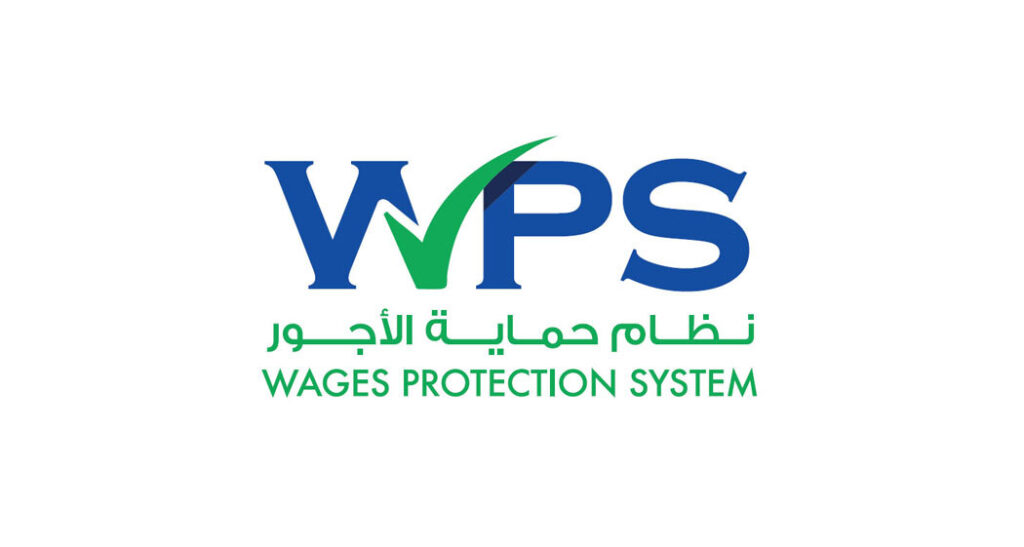Bahrain’s Labor Market Regulatory Authority (LMRA) has officially launched the third and final phase of the Wage Protection Scheme (WPS). The third phase, which came into effect on January 1, 2022, covers businesses with up to 49 employees. These small and medium-sized enterprises employ the majority of Bahrain’s migrant workers, and the latest LMRA data shows that 98% of the country’s active businesses have 49 employees or fewer.
Employers will be given a six-month grace period to implement the WPS regulations. Domestic workers and flexi-permit holders are not included in the scheme.
Bahrain’s WPS is set out in a series of resolutions and amendments issued by the Ministry of Labour and the LMRA. Under the WPS, employers are required to pay wages to workers electronically through financial institutions authorized by the Central Bank of Bahrain. These include banks, exchange houses and financial services companies, which allow employers to open bank accounts and issue prepaid cards to employees.
Wages paid through the WPS are stored in a database that allows the LMRA to monitor and verify employer compliance. The exact mechanism for determining compliance is unclear, especially when it comes to detecting unpaid overtime, which is not uncommon in Bahrain. The WPS also does little to protect migrant workers’ retirement benefits. With no option to contribute to pension plans, many migrant workers, especially those who have worked long periods in the Gulf, rely on these benefits when they retire and return home.
After several years of delays, Bahrain began rolling out the WPS in stages in May 2021. The first phase covered businesses with more than 500 employees, while the second phase will begin in September 2021 and cover businesses with 50 to 499 employees. While the vast majority of employers in the first and second phases have joined the WPS, the number of employers who have committed to paying wages through the system remains significantly low. Speaking on the issue last month, LMRA CEO Jamal Abdulaziz Al Alawi said that “around 61% had committed to paying wages through the system,” adding that the LMRA is “in direct and ongoing communication with employers to ensure full compliance in paying wages for registered workers.”
The low registration rate is due to weak enforcement mechanisms, defeating the purpose and usefulness of an automated system. While the WPS may be able to detect wage violations, weak penalties for employers reduce the incentive to comply. According to the 2019 Resolution (2), failure to register or pay through the WPS will not result in fines and employers will not be able to issue new work permits. Furthermore, official statements state that authorities are settling WPS violations through negotiations and settlements rather than holding violators legally liable or imposing heavy fines. Thus far, the implementation of the WPS has done little to improve existing management of wage theft cases.
While the Wage Protection Scheme may help improve transparency and oversight, the term is a misnomer. The scheme does little to actively “protect” migrant workers from wage theft. The lack of a mechanism for rapid settlement of unpaid wages is a major flaw in the scheme. Workers pay into an unemployment fund but cannot access these benefits when wage disputes arise. Authorities could easily tap existing funds collected from work permit fees but have not done so.
Instead, the absence of a wage fund, combined with a subservient attitude towards dishonest employers, has forced workers to endure protracted negotiations and a series of broken promises, forcing many to abandon their wages and return home. This is particularly true in times of crisis, such as the impact of COVID-19 and the fall in oil prices, where migrant workers are routinely deported or forced to return home before their wages are paid. Once workers leave the country, it is virtually impossible to recover unpaid wages and benefits.

